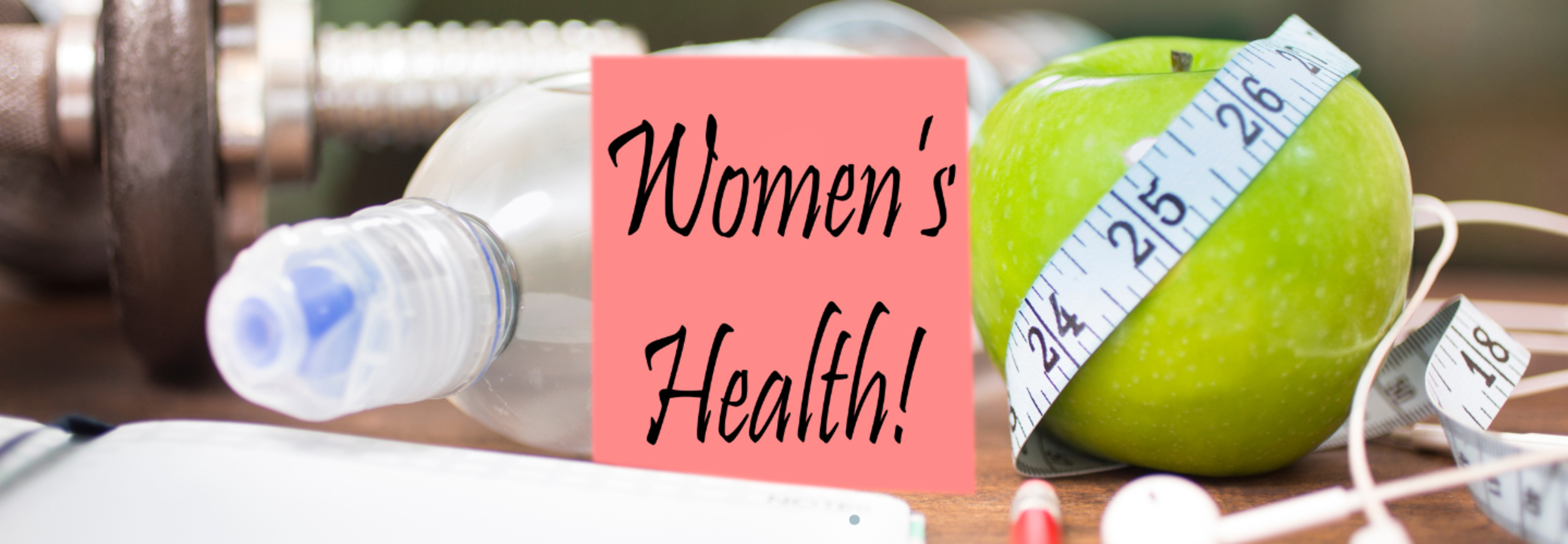5 Common Gynaecological Conditions You Should Know About

Credits: Canva
SummaryHistorically, there has been a silence around women's body and reproductive health. It is because of this silence that many women have continued to suffer in pain. However, conversation is important, and so, today we look at 5 most common gynaecological problems that more women should be aware about. Read on.
End of Article
